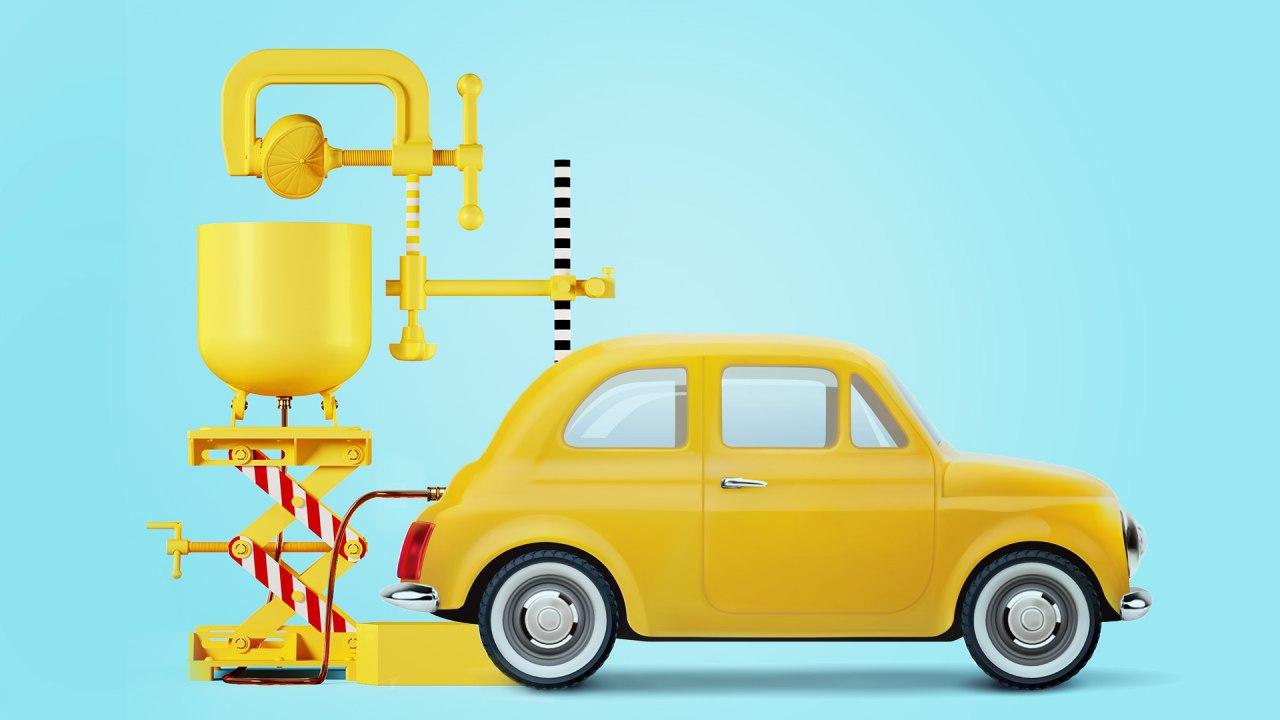Why cheap solutions will replace expensive ones and why it concerns all of us
Amid the pandemic, many companies are cutting prices for goods and services. Customers find this step positive. Everyone wants a quality solution with a discount. But in reality, such changes have negative consequences. In his column, Andriy Franchuk, Creative Director of Brain Tank, explained why cheap solutions would replace expensive ones and what results they will lead to.
Part one. Bitter like lemon
On the street, chestnuts are in full bloom and fluff flies, and we are gradually emerging from quarantine, having "rested" for a couple of months. What should a business pay attention to?
The first thing that catches your eye is that there is less money. But they did not flow into other pockets, but their number decreased for everyone. Undoubtedly, this is not a phenomenon but the result of a process. But which one? This is due to the bitter principle of economy, on which the business "got hooked." The savings are not in terms of optimizing the cost of luxury but not paying at all.
Today everyone wants to restore any projects by reducing the cost quickly. This is a double-edged sword. On the one hand, agencies reduce the price of their services. On the other hand, the client is looking for an opportunity to pay less or not pay at all. Moreover, the client and agencies try to budget their expenses in every possible way, reach the point of absurdity, and cut everything, sometimes even logic.
While everything seems logical, quarantine taught us to optimize all processes, and it seems like we should get more for less money. But is it?
Who does not pay and what for
In the middle of the last century, the American economist George Akerlof formulated the market principle called the "theory of lemons" or "market for lemons." Its essence can be shown with a simple example. You buy a used car without knowing all the nuances of its condition. In this case, it is more profitable for the seller to "sell" a worse car to you.
In turn, it becomes more and more expensive for a seller who sells a good product to prove the quality of his car. As a result, a low-quality product replaces a high-quality one in the absence of cost reduction. After a while, you are happy to buy junk for a lot of money, and the seller is happier and happier that this junk is being sold. But the main thing is that a quality product does not rise in price but disappears, dissolves in the general flow.
The problem is mutual here. On the one hand, the active cost reduction and the distribution of “free freebies” return like a boomerang. On the other hand, the client is also right, not having the necessary resource.
The conclusion is quite simple: this situation looks attractive to the client during this period of time. After all, now there is a rapid decline in the cost of guaranteed good-quality goods, and you can have time to grab this profitable bird by the tail. But this is the way to a significant decrease in quality with a return to past prices. Here it is still obvious that quality will suffer major damage.
Cheaper or sourer?
It would be one-sided to say that the whole situation can be governed by one, even a powerful law in our universe. But let's remember the postulate that opposes the myth that the price of intellectual work will fall, but the quality will remain the same.
Back in 1560, when money was an innovation, the English financier Thomas Gresham deduced the law: "the worst money drives out the best from circulation." Let's try to overestimate this to our realities because, besides the economic one, this is a purely psychological law. And money has lost the role that it had in the 16th century. They were replaced by high-quality solutions, with the help of which this very money appears.
Therefore, we change but rather actualize. There is one concept in the law "money = solutions." Then let's see what happened:
"The worst decisions drive out the best ones."
Obvious theses follow from this law:
- Cheap solutions will crowd out expensive ones. And more importantly:
- Artificially overvalued solutions will replace artificially underestimated ones.
- Naturally, there will be a decrease in quality, and the cost will return to its previous indicators.
What conclusions should be drawn?
- The services may seem cheaper, but they already include optimization of options.
- We need to hurry. Perhaps the inertia mode is still in effect, and you can “grab” it cheaper. But it is not for sure.
- As a result, quality service will significantly rise in price.
In real life, it looks like: now we see a flurry of offers and requests at low prices. People are increasingly abandoning more "expensive" ones in favor of more "optimized" ones, in their opinion.
But what exactly optimizes them? If the number of options is reduced, then the opportunity to buy them, in addition, will be a perfect option. If the quality is deliberately underestimated, this is already a disaster because, following the aforementioned laws, you will pay more for low quality. And high quality, accordingly, will rise in price. Therefore, expecting to pay less, we will eventually pay more or regress a little 5 years ago.
Let's take a real example, one in a million. We receive an offer from our partners. The project is very similar to the pre-crisis one but suddenly fell in price by 40%. Sounds great! But as soon as we start to understand, we see that something is missing in the project.
Everything seems to be as it was, but such an important point as a strategy has disappeared from the project. And this, I must say with great confidence, is 60% of the entire project. Or rather, not even so: without a strategy, it makes no sense to implement a project because it will shot in the dark. From this small example, it becomes obvious that you can buy the same thing at first glance, but most of it is missing.
And there are several solutions. One of them is to get a product without a strategy; the other is to buy or develop it again. The choice is yours. But any option will be more expensive as a result.
Yes Yes Yes!
Yes, it will affect everyone.
Yes, all laws will work simultaneously, layering on top of each other.
And yes, we can convince ourselves a hundred times that this will not happen to us. But now it's better to remember that "ignorance of the law does not absolve one from responsibility."














